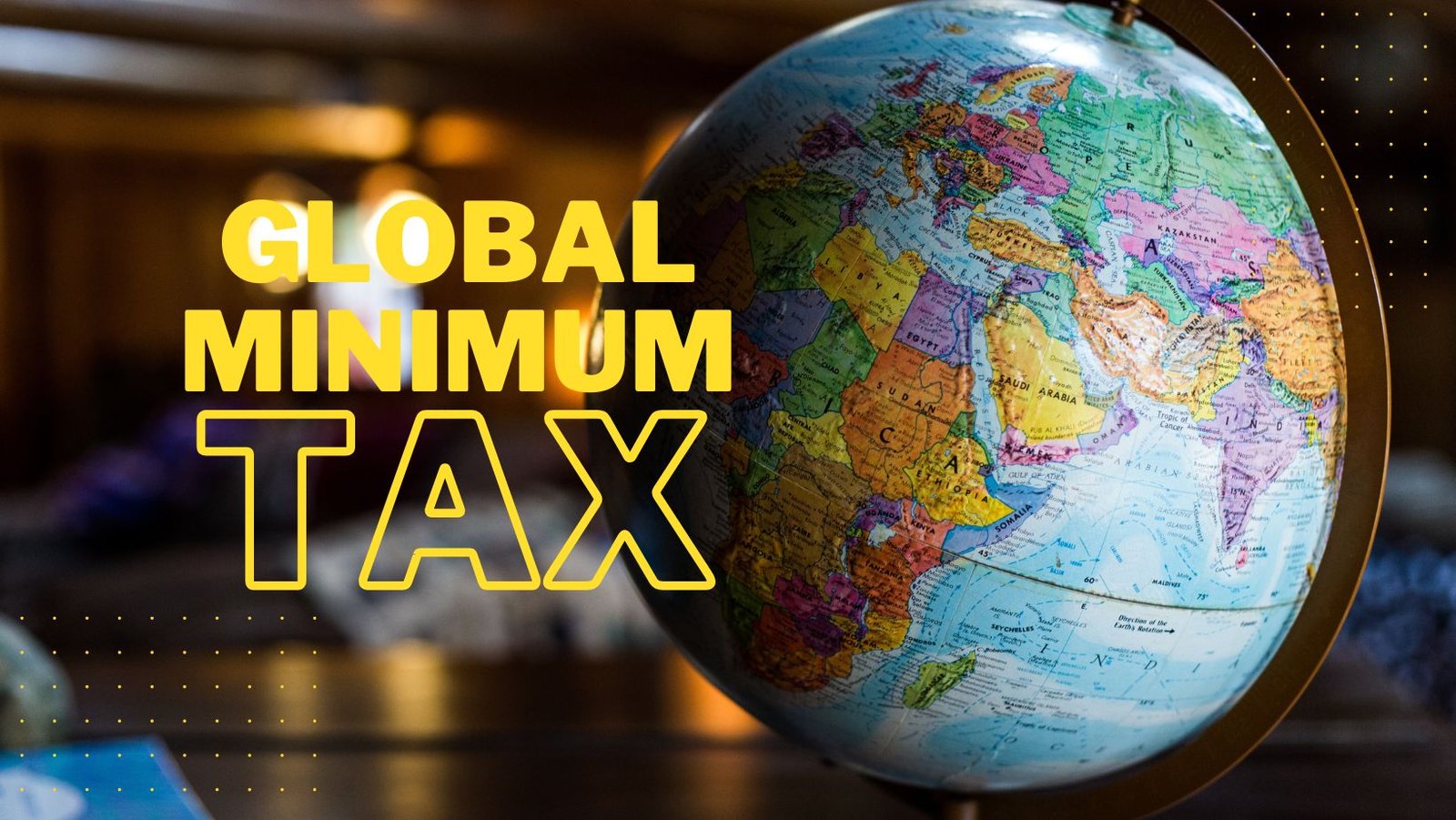G-7 Summit - Global Minimum Tax
The Group of Seven (G-7) developed nations
held their summit recently in the UK. One of the issues discussed during the
summit was introducing the concept of the Global Minimum Tax (GMT).
The joint statement issued after the
summit mentioned that the G-7 nations have agreed to overhaul the international
laws and arrive at a broad agreement that aims to stop large MNCs from seeking
tax havens.
Large corporates migrating to tax havens
as a business practice is nothing new. Switzerland, with its strict secrecy
laws, was among the first to introduce the concept of tax havens. This was used
mainly by High Net worth Individuals (HNIs) to park their funds in Swiss
accounts. However, with the country relaxing the secrecy laws Switzerland is no
longer considered as a tax haven. A few countries, such as Luxembourg and
Maldives, are currently providing low or nil rates of tax for companies to set
shop in their countries.
The key premise on which the GMT works is
that tax would be levied on the MNCs in the countries where they operate
instead of just where they are headquartered. Further, this could also reduce,
if not eliminate, instances of MNCs relocating to another country to
avoid/evade tax.
As per the proposal, 20% of the profits over
the profit margin of 10% would be reallocated to the countries where the
products or services have been consumed and would be taxed in those countries. Thus
it becomes imperative to define the term “profit”; whether it is as per the
financial statement or those arrived at for tax purposes.
In a nutshell, there would be a revenue
loss for the country where the company is headquartered and a revenue gain for
the countries where the products/services are consumed.
From an Indian perspective, this could
result in additional tax revenue for the government as India is a huge market
for all kinds of products and services and most of the MNCs would not like to
miss out on improving their market share, GMT, or no GMT.
The proposal is likely to be discussed further in the G-20 summit scheduled for July.
IMAGE CREDITS:- FRIEDRICH NAUMANN FOUNDATION
